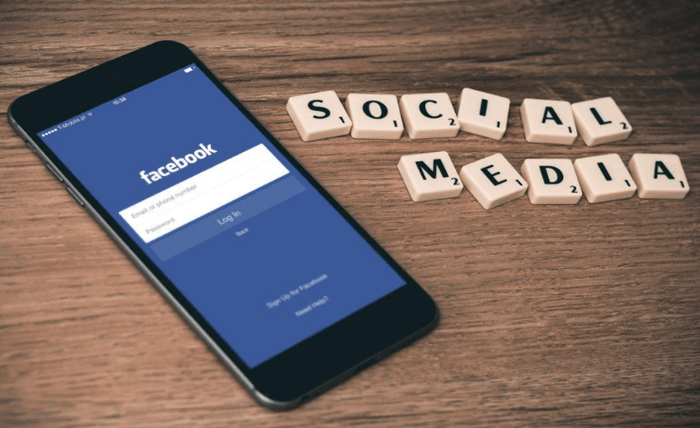In the current digital era, social media contributes a lot to how we communicate, share our experiences, and record our lives.
But in a personal injury case, your social media usage can significantly influence the success of your case. Insurance companies may look at your social media posts, photos, and comments for evidence.
It helps to keep the following points in mind before you go looking for a personal injury attorney.
The Risks of Oversharing on Social Media
One of the largest risks of social media in a personal injury case is oversharing. Victims tend to share information about their daily lives, such as photos, activities, and feelings. For instance:
- Physical activity photos: If you say you cannot work or carry out normal activities because of your injury, yet you post photographs of yourself working out, you may be harming your credibility.
- Emotional or negative posts: Posts in which you feel frustrated, angry, or even happy can be misconstrued and used to counterargue that your injury is not as bad as you have stated.
How Insurance Companies Use Social Media
Insurance providers tend to stalk social media accounts for information that might undermine a claim. They might hire private eyes to follow the injured party’s posts and public profiles. Insurance adjusters might search for pictures, videos, or comments that are contrary to the intensity of your injuries or your capacity to work.
Social Media as Evidence in Court
Social media posts can be used as evidence in court, and not just by insurance companies. Defense attorneys may also use posts to challenge your claims. If there’s a discrepancy between your online activity and your testimony, the defense can use that to argue that you’re exaggerating your injuries or that the accident wasn’t as severe as claimed.
The Importance of Privacy Settings
Your social media content can still be accessed by insurance companies and defense attorneys through subpoenas, or they can read material that you assume is private.
It is prudent to be more cautious by:
- Suspend your accounts temporarily or restrict access to your posts
- Monitoring all privacy settings to make sure your posts are viewable only by close family or friends
- Not posting pictures or updates until the case is decided
How to Manage Social Media During a Personal Injury Case
These are some suggestions on how to handle your social media use in the case of a personal injury claim:
- Don’t blog about your injury: Don’t post anything about the accident, your injuries, or recovery on any social media sites.
- Watch out for pictures: Avoid uploading pictures that can disprove your assertions of your injury or limitation.
- Consult your attorney: Before posting anything, it’s a good idea to consult with your attorney to ensure it won’t negatively affect your case.
Conclusion
Social media can have a significant impact on your personal injury case, and any post could potentially be used against you. While it’s important to continue living your life, it’s equally important to be cautious about how your online activity might affect the outcome of your case. By seeking personal injury lawyers to advise you on how to navigate the legal system, you can be sure that your social media activities don’t sabotage your ability to get a fair settlement.

